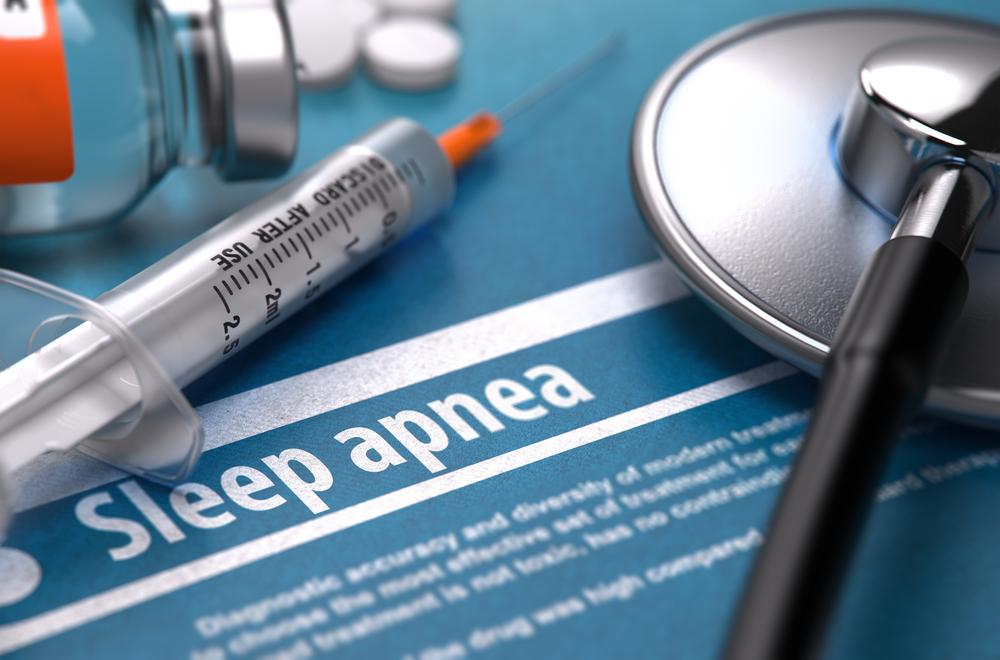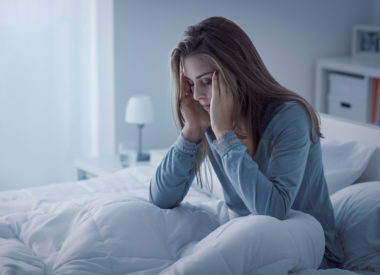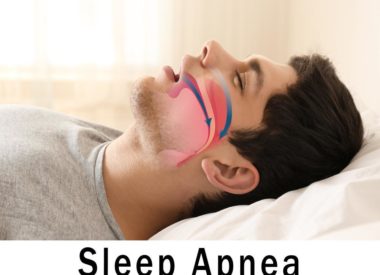FAST FACTS: Is it possible for sleep apnea to be genetic?
Obstructive sleep apnea (OSA) certainly can be said to run in families.
Although there is no such thing as a “sleep apnea gene,” there are three ways you can look at family traits as evidence you are likely to develop it:
-
Genetic predisposition
-
Family resemblance
-
Lifestyle and environment
Genetics
Inherited characteristics from relatives with sleep apnea may influence whether you develop this disorder. These include:
-
Family history of OSA
-
Family history ofobesity
-
Similar sleeping patterns
-
Ethnic predisposition(the National Sleep Foundation suggests that people of African, Pacific Islander, orHispanic heritage may be more predisposed to sleep apnea)
-
Having”floppy” upper airway tissue
-
General problems with breathing(i.e. allergies, asthma, respiratory disorders originating in the brain)
Family resemblance
OSA is primarily a mechanical dysfunction of the upper airway during sleep. Your family’s shared physiological traits in the cranium, face, and jaw can influence the likelihood you develop OSA, such as:
-
High and narrow arch in the palate
-
Small jawline
-
Receding chin
-
Large overbite
-
Very narrow nostrils
-
Narrow sinus or nasal passages
-
Oversized tongue, uvula, or tonsils
-
Excessive tissue or fat pads around the neck
-
Round head
Lifestyle and environment
We learn our behaviors (both healthy and not healthy) through our families first. These external influences can lead to a predisposition for OSA that may be just as powerful as genetics:
-
Overeating: Some families enjoy large meals which may lend to the tendency to overeat, leading to the likelihood for obesity, a major risk factor for OSA.
-
Poor dietary choices: Some families are so busy that they may opt for fast food, carry out, or convenience options that are less nutritious and higher in calories, which can also lead to becoming overweight.
-
Sedentary lifestyle: Some families are, by their choice in leisure activities or the kinds of work they do, more inclined to be less active, which is one component of obesity.
-
Smoking: According to the Mayo Clinic, smokers are 3 times more likely to develop sleep apnea, as smoking increases inflammation in the body and causes more fluid retention to occur in the upper airway.
-
Drinking: Multiple studies show that even after a single drink, normal sleepers can experience OSA and its accompanying oxygen desaturations.Alcohol relaxes upper airway muscles, increases upper airway resistance, and makes it harder for the brain to arouse the body during an apnea, meaning apneas may last much longer.Heavy drinkers are much more prone to develop OSA as a chronic condition.
-
Drug use: Opioids have been shown to lead to central sleep apnea, but there are some physicians who would also argue that OSA can be the result of the respiratory system becoming compromised by these drugs. Generally speaking, the use of any medication which potentially leads to weight gain (such as with prednisone) may also be considered a risk factor for developing OSA.
If you are concerned that sleep apnea runs in your family and wish to avoid it, you can express these worries to your primary care physician, who can refer you to a sleep specialist if necessary. Even if you are more predisposed to developing OSA by factors that are out of your control, you are still better off knowing how to prevent it from developing or worsening by being proactive about lifestyle choices.



